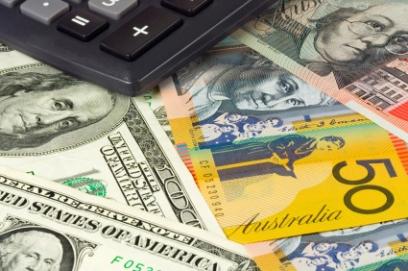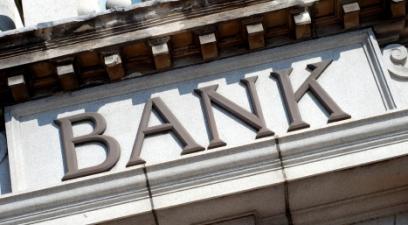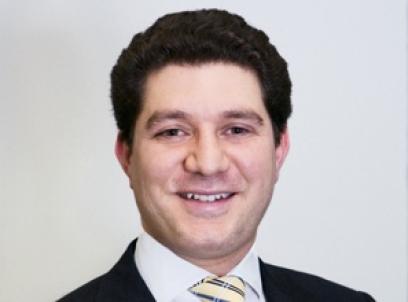
How can I trade the AUD/USD risking the least amount possible?
A Forex deal is a contract agreed upon between the trader and the market maker (i.e. the Trading Platform). The contract is comprised of the following components: Timeframe can also be a factor but we will only focus on “Day” or “Spot” trading where deals have a lifespan of no more than one full day….

What do most forex traders do when they trade forex?
To accurately capture the information requested in this question for the foreign exchange market is difficult. This is due in part because foreign exchange is mainly traded on an over the counter basis rather than on a centralised exchange and as such, much of this information remains proprietary in nature. Also complicating this question is…

What is a popular strategy for short-term forex traders?
For many traders, trading key announcements is seen as an opportunity to profit quickly due to the volatility that surrounds these events. One such event that is popular with traders is the US non-farm payrolls. This occurs on the first Friday of every month. The non-farm payroll is the measure of how many new jobs…

Why do forex traders always talk about range trading?
No, range trading doesn’t require you to use a laptop while you are in the saddle….it is a way of taking advantage of markets where a clear trend exists, and prices range up and down within a well-defined channel. Range trading is a strategy that depends on selling highs and buying lows of a well-defined…

Is volatility a good or bad thing for trading CFDs?
The attention of the world remains firmly focused on the US share market as volatility reigns supreme. We have seen extraordinary volatility over the past weeks as the economic outlook continues to worsen and consumer confidence remains low. As such, we have seen unprecedented fluctuations in other asset classes and instruments as Gold and Oil…

Does trading based on news and events work?
Event Driven Trading is any strategy that seeks to exploit pricing inefficiencies, occurring when companies are involved in corporate events such as mergers, takeovers, restructures (including share buy-backs, spin-offs and capital returns), de-mergers and lock-up expiries. Traders, who follow event driven strategies, attempt to predict the outcome of a particular corporate event on the security…

What is the 2% rule and why should all traders know about it?
When deciding to enter a trade the most important decision is determining how much to risk on the trade. The 2% Rule represents the actual percentage of a trader’s capital that he or she is willing to risk on a single trade should it go against them. So a trader with $100,000 capital will risk…

CFD traders are using the 80-20 rule – what is this?
There are numerous trading strategies that CFD traders are currently using. Strategies may vary from pairs trading to arbitration plays, portfolio hedging and more complex butterflies. I want to discuss a very basic strategy that many traders are using although there are traders out there that are still oblivious to this strategy. Those of you…

How do I trade oil using CFDs?
Many CFD traders trade oil. The amount of traders trading oil depends on the recent price action and volatility. Traders can trade whatever resource is in focus at that particular time, for example: gold may be the focus for a month or so, and then all the media and trading focus may shift to oil….

How do you trade Australian shares after hours?
The market opens at 10:00am, and normal trading occurs until 4pm. From 4.01pm to 4.10pm, the market goes into a pre-open phase where investors may continue to enter orders into the market. The ‘Closing Single Price Auction’ (CSPA), determines the closing price of stocks each trading day and this occurs between 4.10pm and 4.11pm on…




